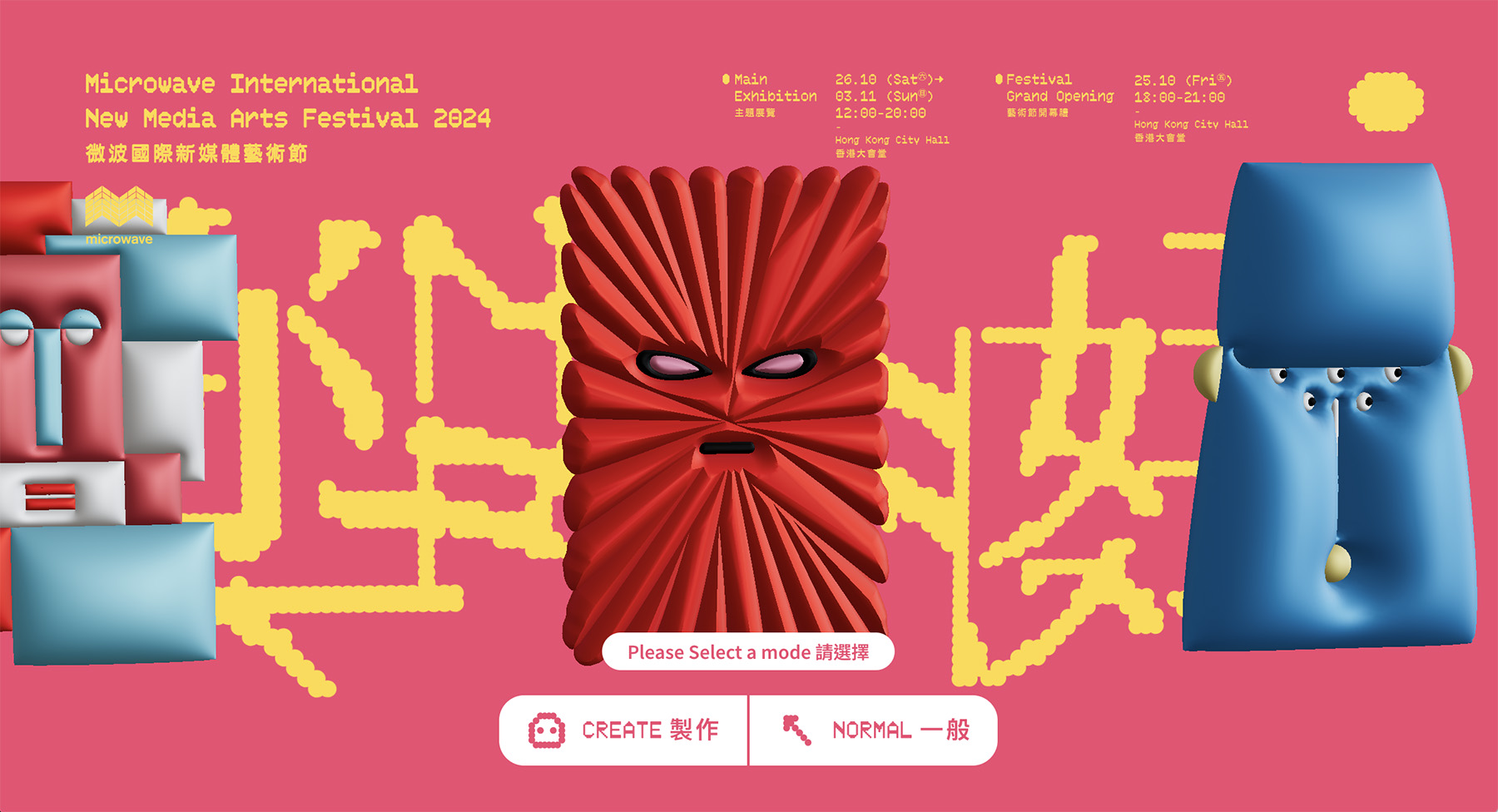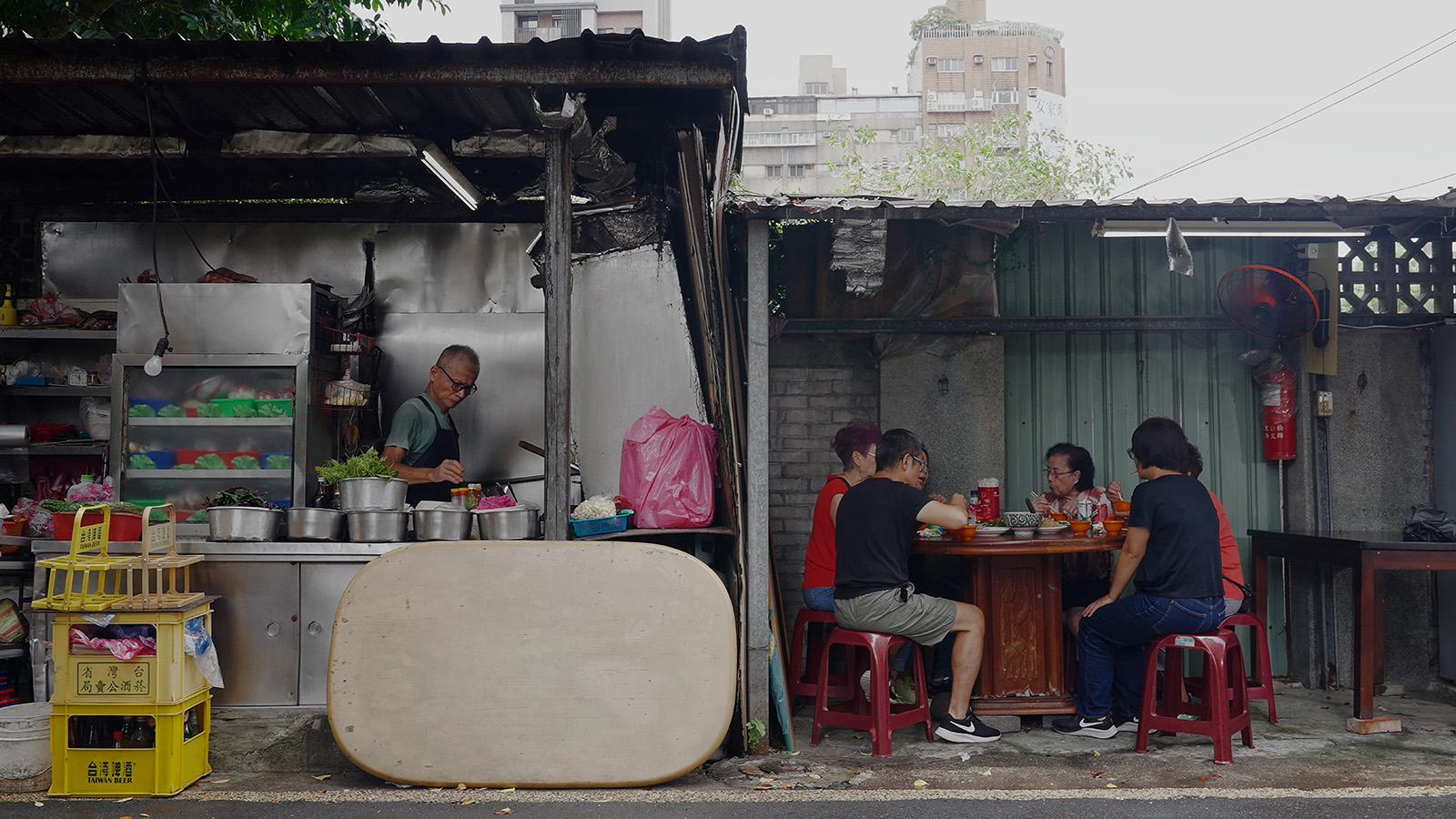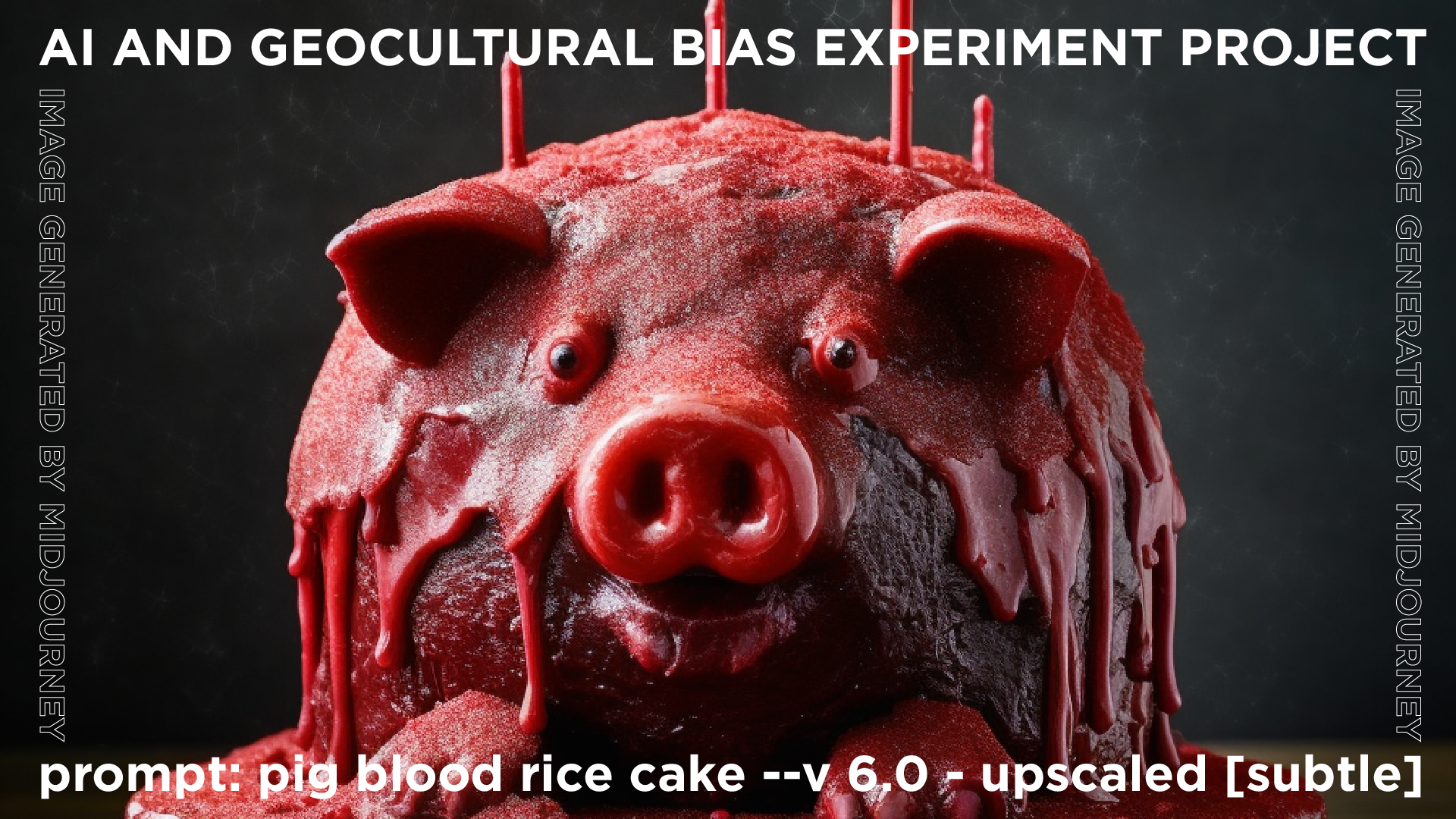
Culture Stew visits Hong Kong
Microwave New Media Arts Festival
7.– 9.11.2024
The first Culture Stew in 2019 in Taipei was followed by a second version in 2020 in Kemiö, Finland, due to the travel restrictions preventing team Dimension Plus to Finland, the event was converted to two remotely connected workshops, one in Taipei and one in Kemiö and a video conferencing window in between. Finally, in 2024 the Taiwanese team arrives in Finland to Kulturhus Björkboda in Kemiönsaari island and the third Culture Stew is put to the proverbial boil. By presenting several new projects from Taiwan, we are revisiting the rich memories and artifacts from the earlier Culture Stews.
Supervisor: Ministry of Culture, Taiwan
Organizer: Dimension Plus, Tuomo Tammenpää, Taiwan Arts and Technology Center,
Co-organizer: Digital Art Center Taipei, Taiwan Contemporary Culture Lab
Collaborator (2020, Finland): Pixelache, Norpas Festival
Dimension Plus
Dimension Plus, Arts & Technology Team, established by artist Keith Lam and curator Escher Tsai, based in both Hong Kong and Taiwan, focus on artwork creation, curation and art & technology education and exchange.
The work of them and their individual teammate has been invited at numerous of art festival and exhibition around world including Hong Kong Museum of Arts, , MoCA Taipei, The National Art Centre at Tokyo, OK Center for Contemporary Art, Ars Electronica Festival, The New Technological Art Award Biennial at Belgium, Fukuoka Asian Art Museum, Hong Kong Arts Festival, National Taichung Theatre, National Taiwan Museum of Fine Arts, etc, and also awarded in numerous of international art festivals, including Prix Ars Electronica nd Japan Media Arts Festival, etc. Their commission work also award in various design award including The Best Design of the Year of Taiwan Golden Pin Design Award, Tokyo TDC, Asia Digital Arts Awards Japan and Gold Award of Design for Asia Award Hong Kong etc.
The team curate various of exhibitions, including “Hello, Human” at MoCA Taipei , “Hylozoism: An Arts & Technology Exhibition” at HKDI, “Encounter Once in a Lifetime -Toyo Ito Architecture Exhibition” the opening exhibition of National Performing Arts Center, “Sensory Transcode” of HKADC Art+Tech series, AND Taiwan art and technology centre, “Sensory Canvas” at Shanghai Ming Contemporary Art Museum and “U-108” an immersive audio-visual performance space at National Taiwan Museum of Fine Arts. They also committed to education and international exchange of art and technology, hosting series of workshops and seminars, such as “Playground workshop” since 2008 until now.
Tuomo Tammenpää
圖莫‧塔門帕
Tuomo Tammenpää is a designer, entrepreneur and artist from Kemiö, Finland. He shares his time between design commissions, cultural productions, and experimental prototyping. After twenty years of work with interactive media art and digital design, he has focused his work on playful interaction in a connected world, embracing the ideological framework of Open Hardware and Do-It-With-Others practices. Tammenpää is a partner in Berlin-based knowledge management company DMX, he is a member of Pixelache -festival, Norpas -festival, the Association of Professional Graphic Designers in Finland and a founding member of Vinde cooperative. In 2016 Lisa Roberts, Daniel Blackburn and Tuomo Tammenpää formed art group Pagan. In 2022 the couple Sari Kippilä and Tuomo Tammenpää founded an independent culture house Kulturhus Björkboda.

Traditional Market Series
The market is a hub for the economy and culture of ordinary people, reflecting the daily lives of local residents, including what they eat, how they live, and their customs and traditions. The video works “Together At The Table” and “Feast” by artist Yung-Hsien Chen illustrate the journey of Taiwanese street food from its origins to the traditional market where ingredients are selected, then prepared by chefs, and finally served at the table. Through this “from farm to table” journey of Taiwanese food, we can see the vibrant culture of Taiwan’s markets and common people come to life.
Yung-Hsien Chen
陳永賢
Yung-Hsien CHEN was born in Taiwan, he received a Master’s degree and a Bachelor’s degree on Fine Arts from National Taipei University of the Arts, and a Ph. D degree on School of Arts and Communication from University of Brighton, U.K. His main creations explore fluid relationship between the body and society, people and the environment, self and others. He has been thinking about the rules of life of individuals in social groups for a long time, and his artworks reflect issues such as social contradictions and phenomena. He has held solo exhibitions including: “The Song of Body,” “One in a Loop,” “Into/Out off the Other,” “Routes in/Outside,” “The Recluse,” etc. His artworks have been invited to exhibit in art museums in Asia, America, and Europe more than 80 times. He has served as the artist-in-residence of the Watermill Center in the United States and won a Back’s Future Prize for Film and Video and a Maple Leaf Award of Bronze Maple. His works collected by National Taiwan Museum of Fine Arts, National Center of Photography and Images, Kaohsiung Museum of Fine Arts, Art Bank Taiwan, Hong-gah Museum, Jut Foundation for Arts and Architecture etc. He is a founder and curator of “Taiwan International Video Art Biennial”, “RANDOMIZE Intl. Unstable Media Art Festival”.
IG: @chen_yung_hsien

Project Patching
AI, as a powerful subjective tool, has the potential to suppress cultural diversity and interpretative historical discourse. The top-down cultural infiltration method makes the development and application of AI not just a technological issue but also a cultural one. Data generated by subjective AI biases can create an echo chamber effect, unconsciously replicating or reinforcing biases, thereby amplifying the impact of cultural and future narrative biases. The Project Patching aims to counter AI bias by enhancing the diversity and representativeness of databases through regional collaboration. This involves collecting and integrating data from various cultural backgrounds, geographical locations, and socioeconomic groups to train AI systems. The goal is to ensure that AI can understand and appropriately respond to human culture.


